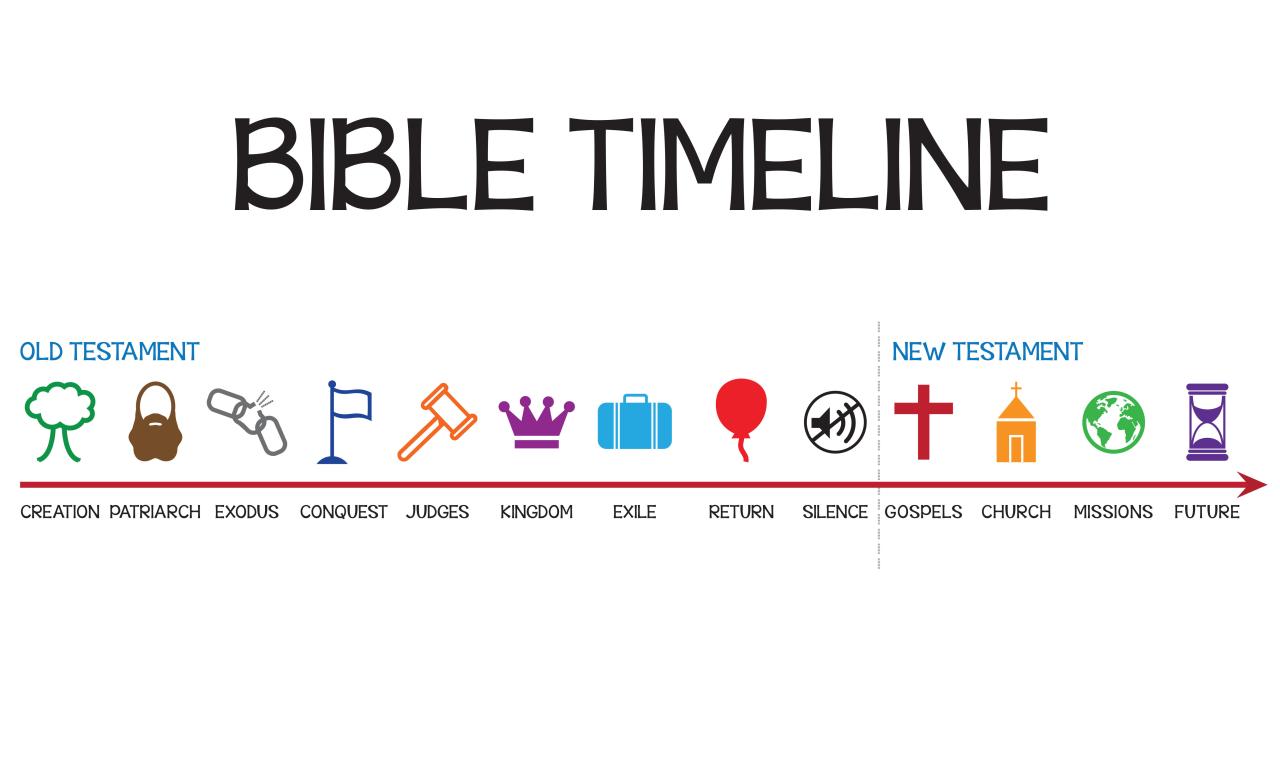The progression of the biblical narrative is a captivating journey through the annals of history, theology, and literature. From its humble beginnings in Genesis to its triumphant conclusion in Revelation, the Bible unfolds a complex and interconnected story that has shaped civilizations and inspired countless individuals throughout the ages.
The historical progression of the biblical narrative traces the chronological order of events from creation to the end times. The thematic progression explores the major themes that run throughout the Bible, such as redemption, covenant, and grace. And the literary progression examines the diverse literary genres used in the Bible, including history, poetry, prophecy, and parable.
1. Introduction

The biblical narrative refers to the comprehensive storyline that unfolds throughout the Bible, encompassing the events, characters, and themes that shape the sacred history of the Judeo-Christian tradition.
2. The Historical Progression of the Biblical Narrative
Chronological Order of Events
The biblical narrative follows a generally chronological order, beginning with the creation of the world and humanity in Genesis and culminating in the events surrounding the life, death, and resurrection of Jesus Christ in the New Testament.
The events are arranged in a way that demonstrates the unfolding of God’s plan for salvation and redemption.
Connection between Events
The events in the biblical narrative are interconnected, with earlier events often foreshadowing or setting the stage for later events.
For example, the covenant with Abraham in Genesis foreshadows the establishment of the nation of Israel and the coming of the Messiah.
Key Events
- Creation of the world and humanity
- The fall of humanity into sin
- The covenant with Abraham
- The Exodus from Egypt
- The giving of the Ten Commandments
- The life, death, and resurrection of Jesus Christ
3. Thematic Progression of the Biblical Narrative

Major Themes
The biblical narrative is characterized by several major themes that run throughout its entirety.
- The sovereignty of God
- The sinfulness of humanity
- The grace and mercy of God
- The importance of faith
- The hope of salvation
Development of Themes
These themes develop and change over time, reflecting the evolving relationship between God and humanity.
For example, the theme of God’s sovereignty is prominent in the Old Testament, while the theme of God’s grace and mercy is more fully developed in the New Testament.
Expression of Themes
- The sovereignty of God: Genesis 1-11
- The sinfulness of humanity: Genesis 3
- The grace and mercy of God: Exodus 34:6-7
- The importance of faith: Hebrews 11
- The hope of salvation: Revelation 21-22
4. Literary Progression of the Biblical Narrative

Different Literary Genres, The progression of the biblical narrative is
The biblical narrative employs a variety of literary genres, including:
- Historical narrative
- Poetry
- Prophecy
- Law
- Gospel
Contribution of Literary Genres
These different genres contribute to the overall narrative by providing:
- Historical context
- Spiritual insight
- Moral instruction
- Prophetic guidance
- Biographical information
Examples of Literary Genres
- Historical narrative: Genesis, Exodus, Kings
- Poetry: Psalms, Song of Solomon
- Prophecy: Isaiah, Jeremiah
- Law: Leviticus, Deuteronomy
- Gospel: Matthew, Mark, Luke, John
5. The Progression of the Biblical Narrative in Different Contexts
Interpretation and Use
The biblical narrative has been interpreted and used in a variety of different contexts throughout history, including:
- Religious contexts
- Cultural contexts
- Political contexts
- Educational contexts
- Literary contexts
Influence of Context
The context in which the biblical narrative is interpreted and used has a significant influence on how it is understood.
For example, the religious context of a particular interpretation may emphasize the spiritual significance of the narrative, while the cultural context may emphasize its historical or literary significance.
Examples of Use
- Religious contexts: Preaching, Bible study, worship
- Cultural contexts: Literature, art, music
- Political contexts: Lawmaking, social reform
- Educational contexts: History, literature, religion
- Literary contexts: Novels, plays, poems
Expert Answers: The Progression Of The Biblical Narrative Is
What is the purpose of the biblical narrative?
The biblical narrative serves multiple purposes, including conveying God’s revelation to humanity, providing a historical account of the relationship between God and his people, and offering moral and spiritual guidance for human life.
How has the biblical narrative been interpreted and used in different contexts?
The biblical narrative has been interpreted and used in a variety of contexts, including religious, cultural, and political. Different interpretations have emphasized different aspects of the narrative, such as its historical accuracy, its theological significance, or its ethical implications.